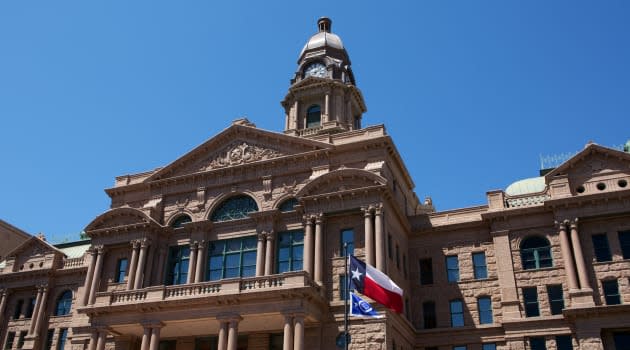How the Affordable Care Act Repeal Affects Your Healthcare Coverage

A federal judge in Texas opened the latest chapter in the saga of the Affordable Care Act (also known as Obamacare) last Friday, when he ruled the entire law violated the Constitution, prompting millions of Americans who rely on the ACA to question the status of their healthcare coverage. While Obamacare still functions the same way it did before the ruling, the swirl of alarming headlines surrounding the judge's decision can make it easy for those not paying close attention to think the ACA had been immediately struck down and perhaps not sign up during the open enrollment period, which is rapidly drawing to a close.
The Affordable Care Act repeal: what it means for you
A cadre of Republican state governors and attorneys general brought a suit against the ACA earlier this year, claiming the law's requirement that every individual purchase health insurance flew in the face of the Constitution. Judge Reed O’Connor of the Federal District Court for the Northern District of Texas agreed with the argument, and decreed that because the authority to compel individuals to have health insurance was so vital to the ACA, the entire law and all its provisions is unconstitutional.
However, the court declined to issue an injunction on Obamacare, meaning the ACA is still the law of the land while Judge O'Connor's decision is being appealed—a process already initiated by Democrats. For most of the country, the period for open enrollment into Obamacare ended this past Saturday, a day after the judge's ruling. However six states (and the District of Columbia) run their own health insurance marketplaces separate from HealthCare.gov and still allow enrollment. These states and their deadlines for open enrollment are:
California | Jan. 15 |
Colorado | Jan. 15 |
Connecticut | Jan. 15 |
District of Columbia | Jan. 31 |
Massachusetts | Jan. 23 |
Minnesota | Jan. 13 |
New York | Jan. 15 |
What's next for the Affordable Care Act repeal?
The ACA inspires and inflamed political passions across the spectrum, making an objective legal reading of last Friday's decision difficult to find. But a consensus among legal scholars who both support and oppose the law has formed that Judge O'Connor's ruling is unlikely to stand further scrutiny in the appeals process. An opinion piece published last Saturday in the New York Times by Jonathan H. Adler, a law professor at Case Western Reserve University School of Law and Obamacare skeptic, and Abbe R. Gluck, a professor of law at Yale and proponent of the ACA, said as much. "We were on opposing sides of the 2012 and 2015 Supreme Court challenges to the Affordable Care Act, and we have different views of the merits of the act itself," the editorial reads. "But as experts in the field of statutory law, we agree that this decision makes a mockery of the rule of law and basic principles of democracy — especially Congress’s constitutional power to amend its own statutes and do so in accord with its own internal rules."
Whether the future conforms to the experts' opinion or surprises the establishment remains to be seen.
